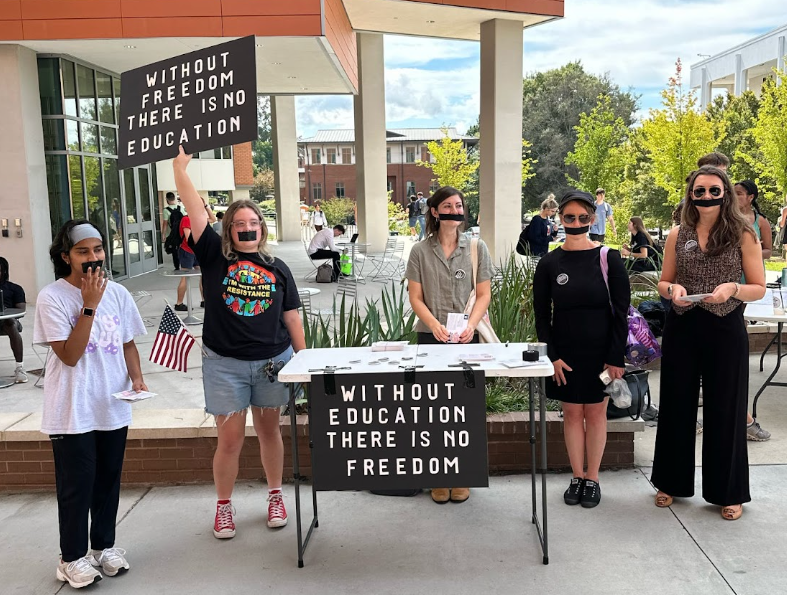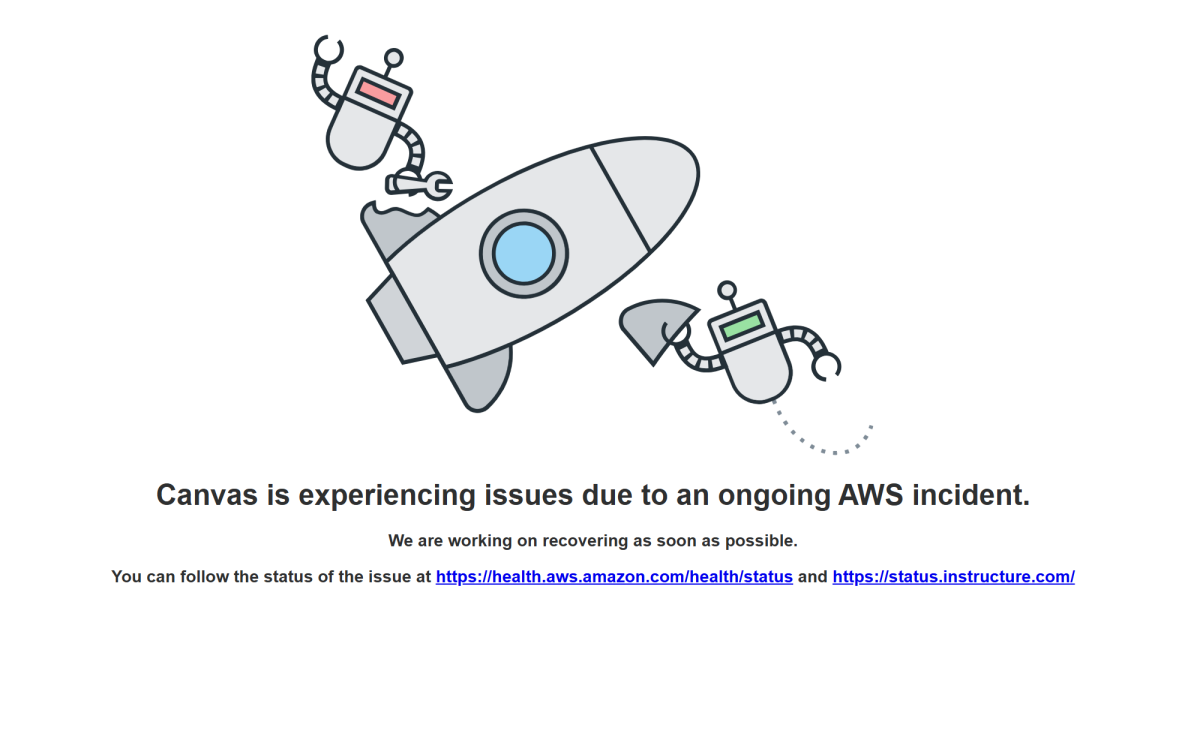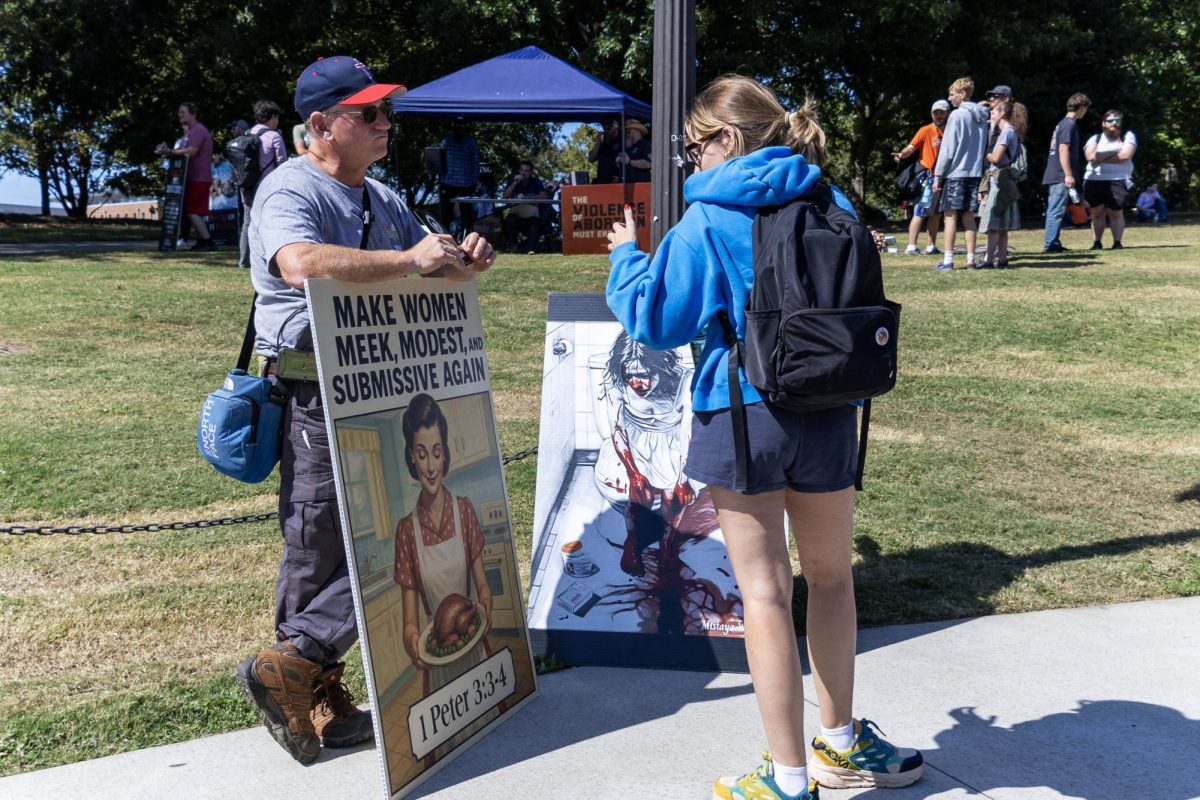On March 14, Clemson University was added to the list of 45 schools that the United States Department of Education will investigate for possible race-exclusionary policies under Title VI.
Other universities such as Duke University, Massachusetts Institute of Technology, University of Michigan-Ann Arbor and University of Oregon are also under investigation, according to the U.S. Department of Education.
Clemson is the only university in South Carolina on the list, according to WSPA News.
The University is under review for potentially violating Title VI of the 1964 Civil Rights Act, according to the Office for Civil Rights, because it has partnered with The Ph.D. Project. The project aims to provide opportunities to doctoral students from racially diverse backgrounds.
“Clemson received notice of investigation from the Department of Education’s Office of Civil Rights, specific to participation in The Ph.D. Project,” Joe Galbraith, a University spokesperson, told The Tiger in an interview. “We have begun gathering information regarding the issue and will work closely with the Department of Education and OCR to provide a response.”
Galbraith confirmed that the University is “ensuring compliance with all federal, local and state regulations.”
The Ph.D. Project also seeks to boost the number of students from marginalized populations, specifically Black, Hispanic and Native American students, to increase diversity in the business world, WSPA News reported.
The project’s mission is “to expand the pool of workplace talent by developing business school faculty who encourage, mentor, and support tomorrow’s leaders,” its website states.
The Ph.D. Project was founded in 1994 by an initiative from the KPMG Foundation, Citi, AACSB and GMAC. Between then and 2018, the number of minority students receiving Ph.D.s quadrupled, according to Clemson News.
Clemson initially announced its collaboration with The Ph.D. Project in 2018 in the hopes of creating a diverse faculty population by recruiting a group of doctoral candidates from a variety of different backgrounds.
The Dean of Clemson’s College of Business at the time, Wendy York, funded full participation in The Ph.D. Project’s annual conference.
Prior to 2018, the College of Business used the program to recruit students for the management and economics Ph.D. programs, according to Clemson News.
Current College of Business faculty members Jesse Moore, marketing, and Phebe Davis, accounting, were recruited through the project.
This investigation is the result of a new policy implemented by President Donald Trump’s administration.
Trump wrote an executive order on Jan. 20 to “coordinate the termination of all discriminatory programs,” specifically diversity, equity and inclusion programs.
To achieve this, current positions, practices and initiatives are to be reviewed. DEI and DEIA positions and programs will be removed in compliance with the executive order, according to the White House.
Following the executive order, the U.S. Department of Education is also taking action to eliminate DEI measures.
“The Department is working to reorient civil rights enforcement to ensure all students are protected from illegal discrimination,” Linda McMahon, the U.S. Secretary of Education, stated on the Department of Education website.
Since Trump’s inauguration on Jan. 20, the Department’s Diversity and Inclusion Council and the Employee Engagement Diversity Equity Inclusion Accessity Council have been terminated.
The administration is also canceling current DEI training, withdrawing the Department of Education Equity Action Plan, putting DEI staff on paid administrative leave and removing web pages on the Department of Education website that contained DEI resources.
Craig Trainor, the current assistant secretary for civil rights at the Department of Education, wrote a Dear Colleague Letter in February. He believes that the education system has unlawfully discriminated against white and Asian students.
Trainor used the Supreme Court decision in Students for Fair Admissions v. Harvard to support his claims.
In this case, the Supreme Court determined that using racial preference was unlawful in college admissions unless specific criteria were met. Trainor further explains that racial diversity is not one of the criteria outlined by the decision.
Trainor also warned that schools violating federal civil rights law may lose federal funding.
The implications for Clemson specifically are unknown, as the investigation is ongoing.























